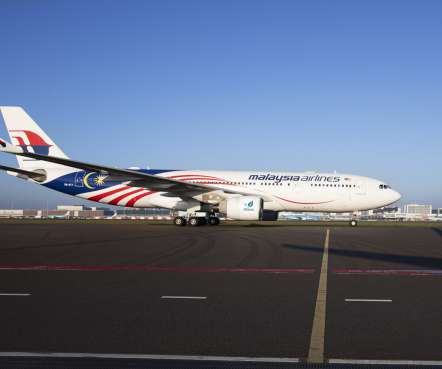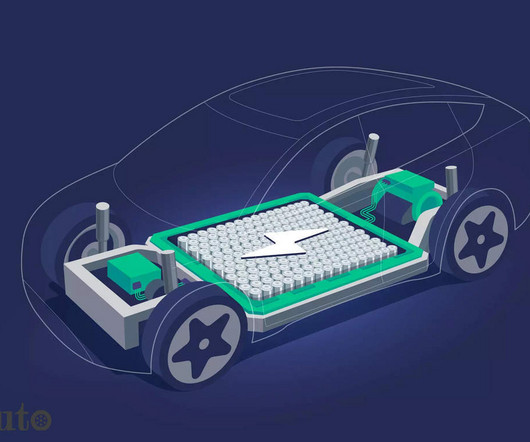Malaysia Airlines flies first flight in Malaysia using sustainable aviation fuel
Green Car Congress
DECEMBER 19, 2021
Malaysia Airlines, the national carrier of Malaysia, operated its inaugural flight using sustainable aviation fuel (SAF) in partnership with PETRONAS Dagangan Berhad (PDB) and Neste. The flight marks Malaysia Airlines’ commitment to make SAF the cleaner and more viable energy option for regular flights by 2025.






















Let's personalize your content